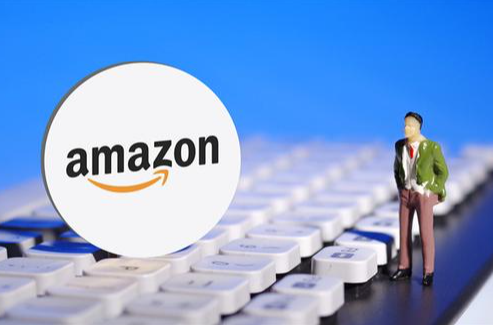

In an era defined by rapid technological advancement, the benefits of technology are not limited to the young generation. Seniors are embracing new technologies that are specifically designed to enhance their quality of life, promote connectivity, and foster independence. From communication tools to health monitoring devices, the latest innovations are catering to the unique needs of the elderly population. In this blog post, we will delve into the cutting-edge technologies that are transforming the lives of seniors, allowing them to age gracefully while staying connected to the modern world.
- Communication Tools: Bridging the Gap
One of the most remarkable developments in technology for seniors is the evolution of communication tools. Seniors can now connect with loved ones across the globe through user-friendly smartphones, tablets, and computers. Video calling platforms like Skype, Zoom, and FaceTime have revolutionized long-distance communication. Grandparents can virtually attend family gatherings, see their grandchildren’s achievements, and share stories, fostering a sense of closeness despite physical distance.
- Tailored Devices for Seniors
Traditional smartphones and tablets can sometimes be intimidating for seniors due to complex interfaces and small text. However, manufacturers are now focusing on creating devices tailored to seniors’ needs. These devices feature larger screens, simplified layouts, and intuitive navigation systems. This enables seniors to comfortably engage with technology, from sending emails and browsing the internet to reading e-books and staying up to date with the latest news.
- Revolutionizing Health and Fitness
Technology is playing a pivotal role in revolutionizing the way seniors manage their health and fitness. Specialized apps allow them to track medications, monitor vital signs, and receive reminders for medical appointments. Fitness trackers and smartwatches provide real-time insights into heart rate, activity levels, and even offer fall detection features. These devices not only empower seniors to take charge of their health but also provide a sense of security, as emergency alerts can be sent to caregivers or medical professionals in case of emergencies.
- Smart Homes, Smart Living
The concept of smart homes is transforming the living spaces of seniors, making them more comfortable and accessible. Voice-activated assistants like Amazon Echo and Google Home allow seniors to control lights, thermostats, and appliances with simple voice commands. This technology is particularly valuable for seniors with mobility challenges, enabling them to manage their environment effortlessly.
- Embracing Online Shopping and Services
Seniors are increasingly embracing the convenience of online shopping and delivery services. With a few clicks, they can order groceries, medications, and other essentials, eliminating the need to navigate crowded stores. This not only saves time but also reduces the physical strain of shopping trips. Furthermore, the rise of telehealth services has enabled seniors to consult medical professionals through virtual appointments, reducing the need for unnecessary trips to clinics.
- Connecting Through Social Media
Social media platforms have transcended generational gaps, allowing seniors to connect with friends and family members of all ages. Seniors can share photos, updates, and engage in conversations on platforms like Facebook and Instagram. Additionally, online communities centered around specific interests provide a sense of belonging and an opportunity to form new connections, combating feelings of isolation.
- Boosting Cognitive Health
Technology is not just about physical well-being—it also contributes to cognitive health. Specialized apps offer brain-training exercises that challenge memory, critical thinking, and problem-solving skills. These apps provide a fun and engaging way for seniors to keep their minds sharp and active.
- Transportation and Mobility Solutions
For seniors who no longer drive or are uncomfortable using public transportation, ride-sharing services like Uber and Lyft offer an innovative solution. These services provide safe and convenient transportation options, enabling seniors to maintain their independence by easily traveling to appointments, social events, and more.
- Remote Monitoring for Peace of Mind
Family members and caregivers often worry about the well-being of their elderly loved ones. Remote monitoring devices can help alleviate these concerns by providing real-time updates on seniors’ movements and daily activities. These devices offer insights into seniors’ routines, ensuring that they are safe and well.
Conclusion
The latest advancements in technology are reshaping the aging experience, allowing seniors to enjoy greater independence, connectivity, and a higher quality of life. From communication tools that bridge geographical gaps to health monitoring devices that promote well-being, technology is proving to be a powerful tool for seniors to remain active and engaged. As these innovations continue to evolve, they hold the promise of a future where aging is not synonymous with limitations, but rather a phase of life that can be lived to the fullest with the help of modern technology.


